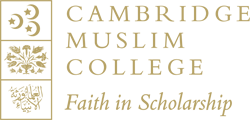Principles of Islamic Psychology in Practice
This two-week intensive programme provides experiential learning opportunities in Islamic therapeutic practice.
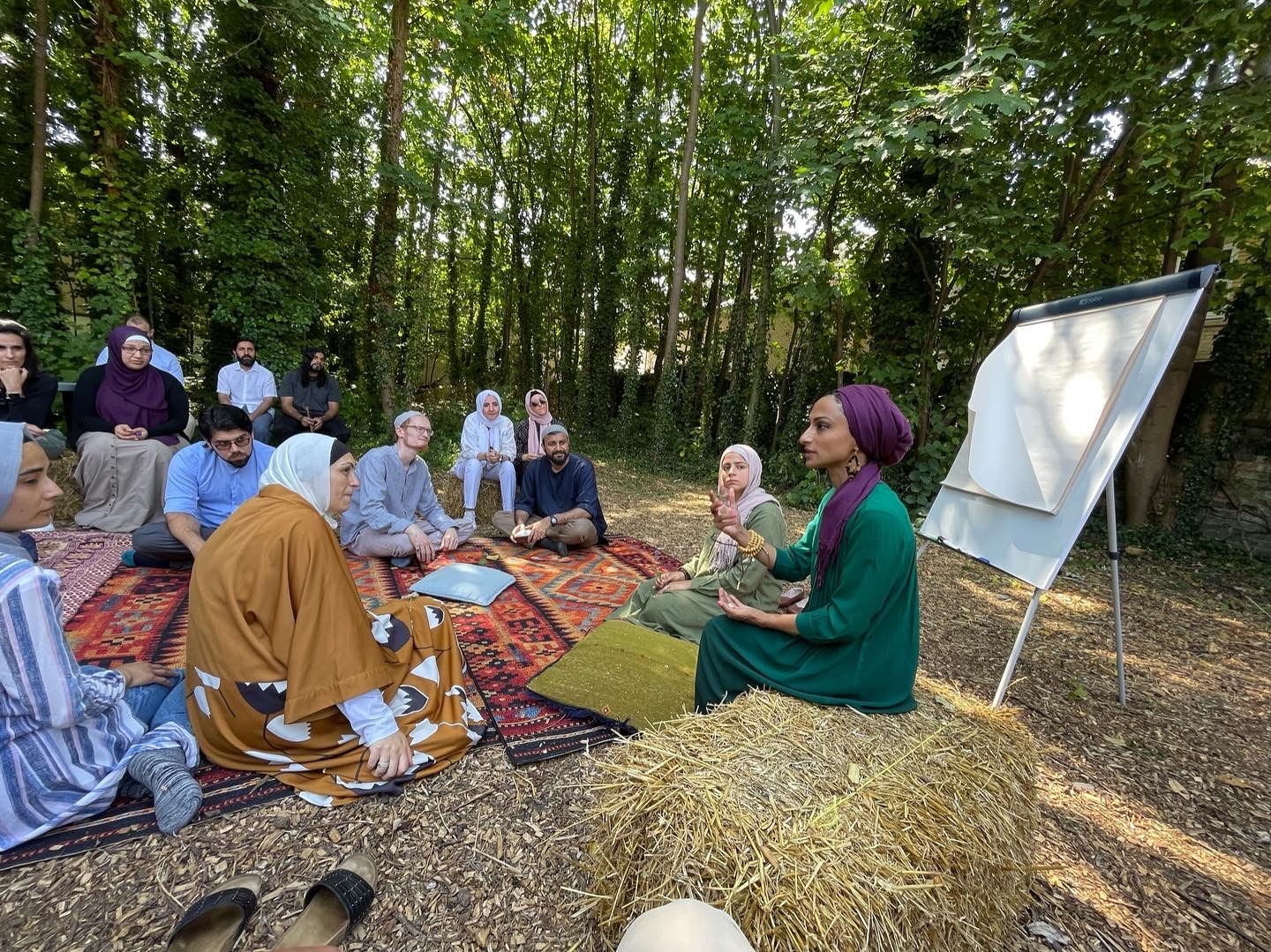
Programme Description
Designed for graduates of our online Islamic Psychology Diploma, this programme offers hands-on training in Islamic psychotherapy, traditional Islamic medicine/Hikmah, and traditional Islamic spiritual healing practices.
Participants will learn how to incorporate an understanding of the soul into assessment and diagnosis. Participants will also learn how to use the Islamic conception of ‘purification of the heart’ as a practical, clinical model in conjunction with somatic therapeutics, lifestyle, wellbeing counselling, and natural medicine.
The programme is designed to give students the ability to:
- Apply the fundamentals of assessing and diagnosing ‘diseases’ of the heart with clients/patients.
- Integrate useful Western/secular techniques with Islamic concepts.
- Identify clinical implications of Islamic models of the self.
- Experience the therapeutic impact of the state of the practitioner’s own heart.
- Prepare simple natural remedies for common symptoms affecting mood.
- Practice a range of therapeutic techniques for addressing blocks on the spiritual heart.
- Determine a client/patient’s constitution and current state of wellbeing.
- Formulate a holistic treatment plan based on an assessment of mind, body, and soul.
- Engage in various methods of Islamic contemplation.
- Apply clinical hikma-centric and Islamic psychotherapeutic approaches.
*Participants who complete this programme are eligible for certification from the International Association of Islamic Psychology after a period of clinical supervision.
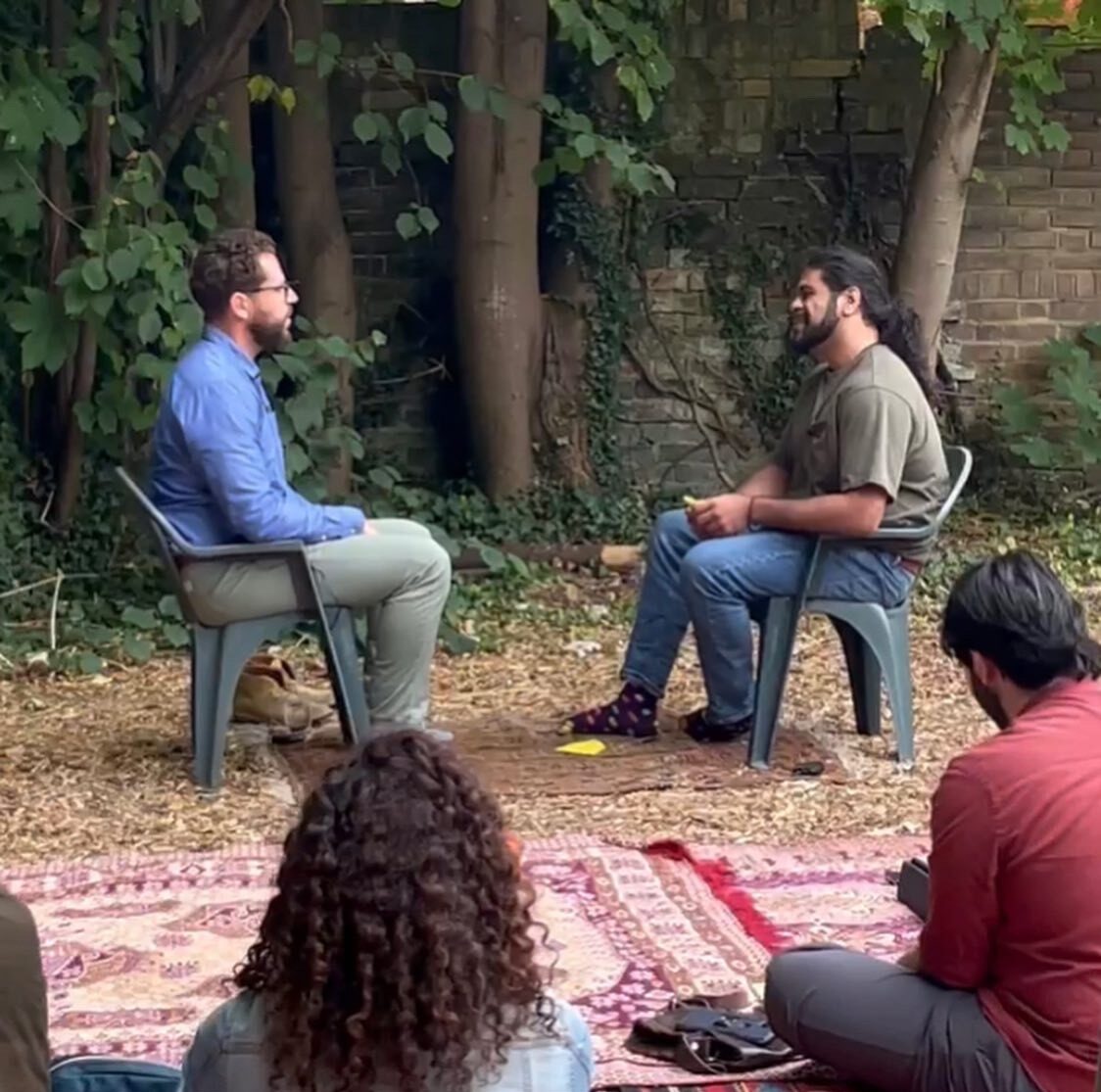
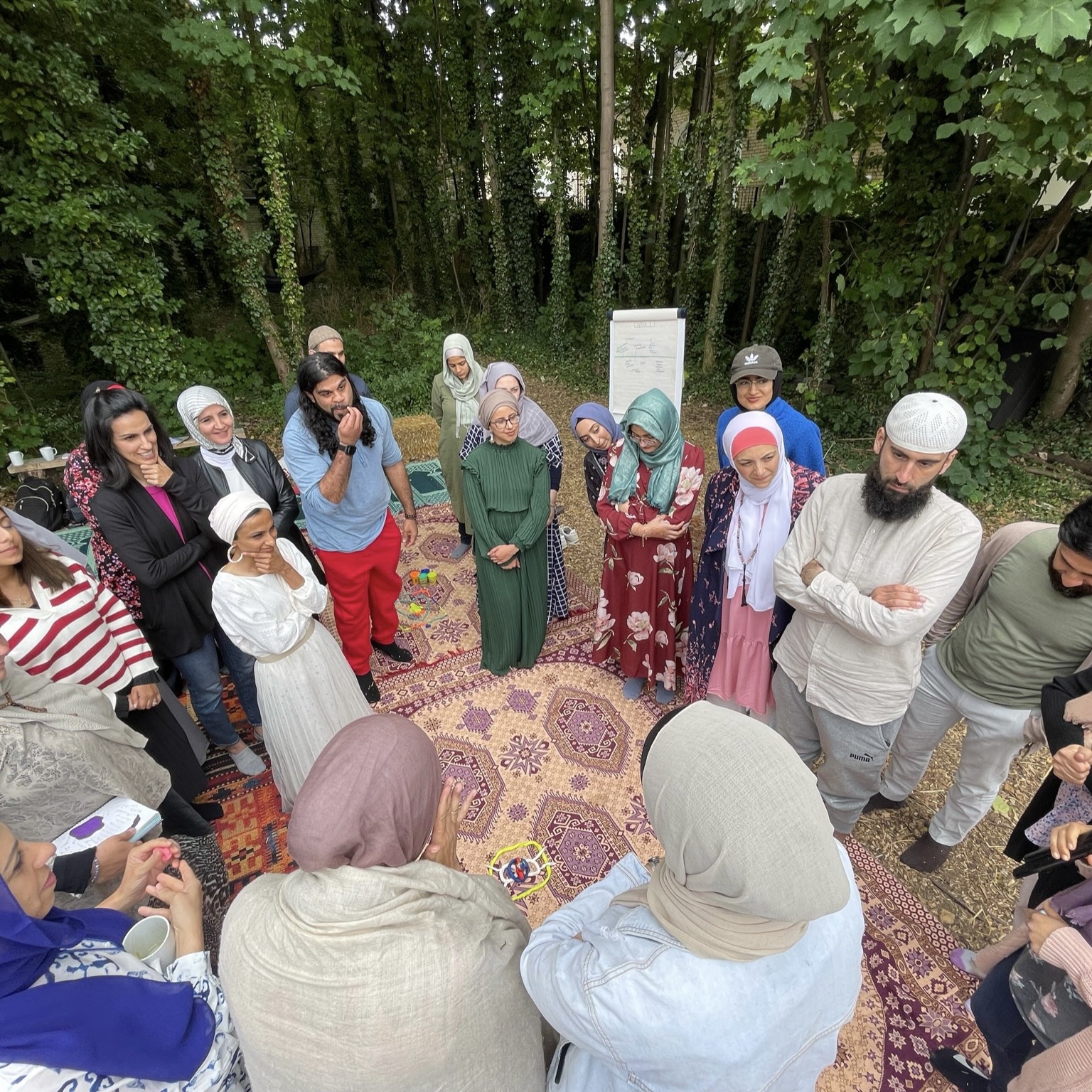
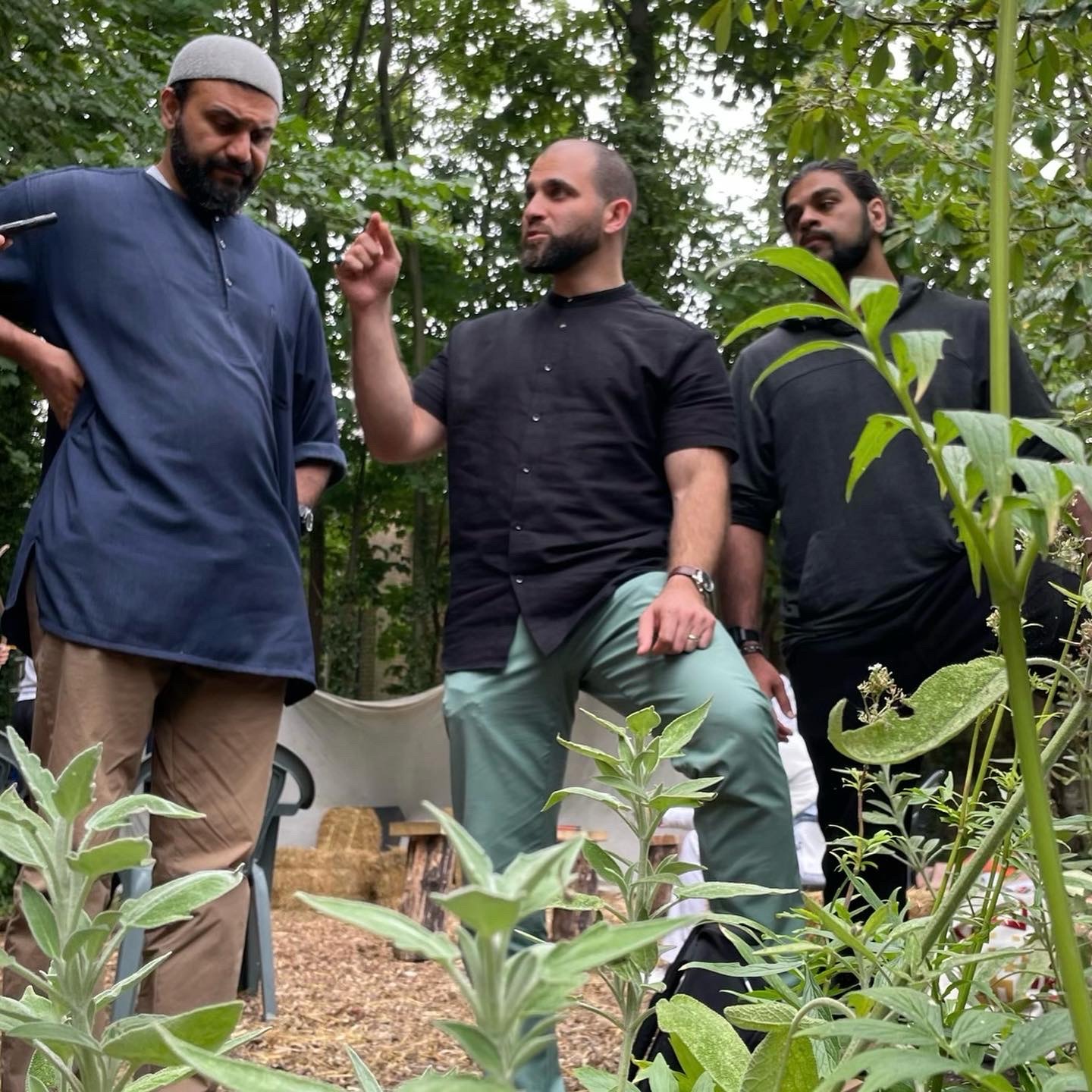
Facilitators
Sessions will be facilitated by four specialists:
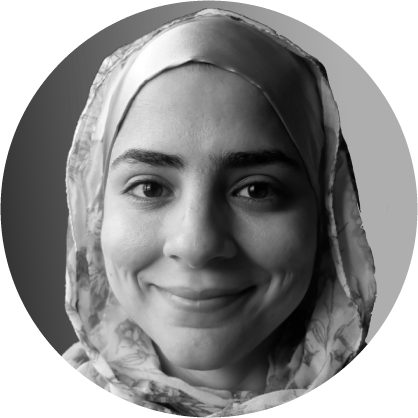
Reehab Ramadan is a certified practitioner with the International Association of Islamic Psychology. She has experience working with trauma, behavioural issues, depression, anxiety, relationship issues, healing the mother wound, refugee work, compassionate self-growth and healing from sexual and gender-based violence. Reehab holds a Master’s in Counselling Psychology and is a is a certified birth worker. Reehab resides in Belgium where she manages her own counselling practice, the Therapeutic Sanctuary.
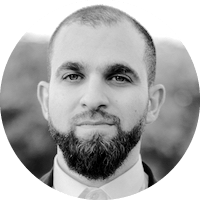
Dr Mazen Atassi is a Doctor of Naturopathy and the Founder of Forward to Health, a holistic wellness clinic and educational initiative based in Chicago. He practices traditional naturopathy and homeopathy with a focus in somatic trauma therapy and psychosomatic disorders. He has studied Islamic disciplines with traditional scholars and has transmission from Hakim Archuletta. Dr Mazen holds a BS in Biology and an ND in Naturopathic Medicine. He teaches the module on Islamic Medicine: Vitalism & the Hikma Model on the Diploma in Islamic Psychology programme at Cambridge Muslim College.
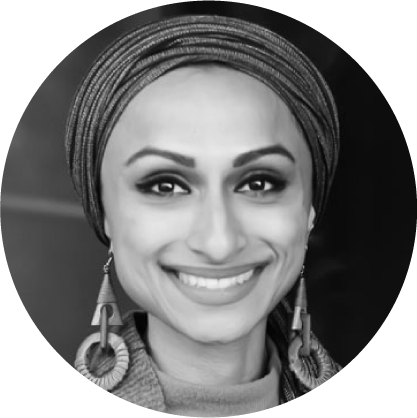
Saman Hussain is a professional certified coach and a certified practitioner with the International Association of Islamic Psychology. She is a mentor and trainer in the fields of conflict transformation, group facilitation and coaching. She is the Founding Director of an International Coach Federation training programme and is adjunct faculty at Georgetown University’s Institute for Transformational Leadership. Saman has studied under the tutelage of traditional Islamic scholars for over 15 years. She holds a MA in Clinical Mental Health Counselling and a BS in Religion and Foreign Affairs.
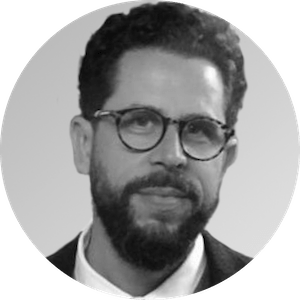
Dr Abdallah Rothman is a Licensed Professional Counsellor, Board Certified Registered Art Therapist, and certified practitioner with the International Association of Islamic Psychology. He is the founder of Shifaa Integrative Counselling and has over 15 years of experience applying clinical practice in the field of Islamic Psychology amongst diverse populations in several geographical regions. His research focuses on approaching counselling from an Islamic paradigm and establishing an indigenous Islamic theoretical orientation to human psychology. He is a student of the late Professor Malik Badri and has studied privately with several traditional Islamic scholars and healers throughout the Muslim-majority world. He holds an MA and PhD in Psychology and a BA in Community Studies.
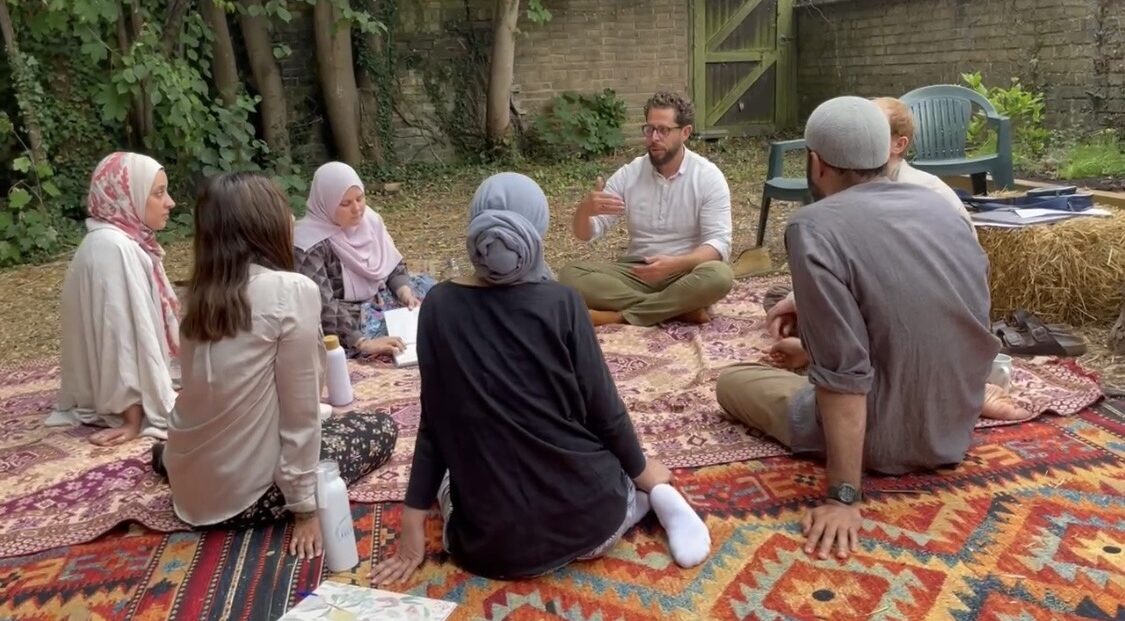
General FAQs
Yes, you must either be a current student of/ have completed Cambridge Muslim College’s online Islamic Psychology Diploma.
Cambridge Muslim College has a very limited number of partial scholarships that are available based on financial need. We expect students to apply only if absolutely necessary. Should you the need to apply, please email your request to finance@cambridgemuslimcollege.ac.uk
There is a wheelchair ramp which provides access to the building. There are also disability friendly toilets on campus grounds.
Meals are included in the tuition. A light breakfast, lunch and dinner will be provided every day at the College. Tea and coffee are provided during class breaks.
All of our accommodation houses feature shared kitchen and living areas, shared bath/shower rooms and toilet facilities, as well as back gardens. All houses also have washing machines, some also have a tumble dryer.
